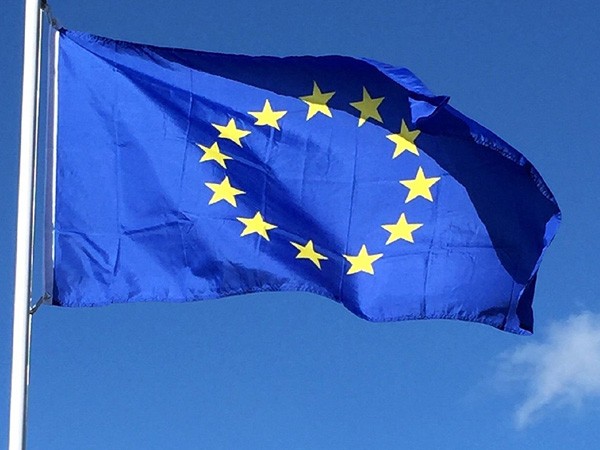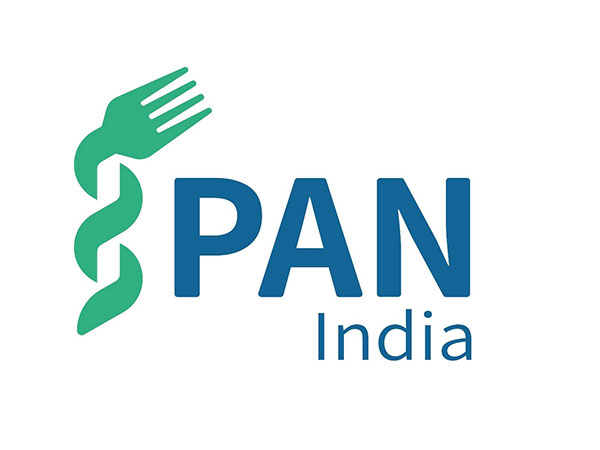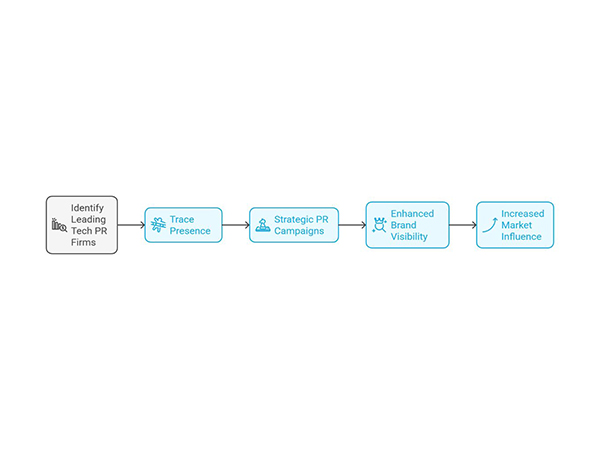European banks face probe into their stress-testing abilities
Jul 06, 2024
Frankfurt [Germany], July 6: European banks are facing investigations into how good they are at carrying out the stress tests that became a hallmark of banking policy in the aftermath of the global financial crisis, Bloomberg reported on Friday.
The European Banking Authority, which coordinates the European Union's biennial review of whether banks could withstand a hypothetical Armageddon, wants national supervisors to audit bank systems over how they slice and dice the data used to predict their performance.
The authority's soon to-be-published 2025 work programme is set to ask national authorities to place a "special focus" on how good banks' stress-testing abilities are, said Isabelle Vaillant, the EBA's director of prudential regulation and supervisory policy.
"There is a long list of stress-test requirements" for banks, Vaillant said in an interview, adding that supervisors would be better able to assess risks if they paid more attention to "inconsistencies" in how banks carry out their stress tests.
Encounter to financial shocks
The EU's system of stress testing relies on banks using their data and models to predict how they would fare in an imagined macro financial shock, using a doomsday scenario designed by the European Systemic Risk Board. The banks' methodology has to comply with guidelines set by regulators.
The EBA said that 2025's work would involve looking at how banks prepare that data, including their approaches to calculating market and credit risk, as well as their recovery planning. It will also look how well stress testing is embedded in the banks' "governance structure and effectively channelled into management actions, in particular with regard to identified limitations, vulnerabilities and shortcomings detected," the EBA said in a statement to Bloomberg News.
The EBA also wants national supervisors to "assess whether institutions have in place realistic and credible contingency and recovery plans able to react to severe scenarios that may include, for example, further armed conflicts and terrorist attacks, but also major financial market turmoil or severe digital outages, and making extensive use of reverse stress testing," according to the statement. Reverse stress testing involves looking at a possible catastrophic event, such as a bank failure, and investigating what might lead to that.
Vaillant said the outcome of the work would not result in new regulations because "the regulations are already there" on the standards that banks should maintain.
"It's more that attention needs to be heightened," she said. "Supervisors will audit this capacity" as well as "the internal tools banks have."
Stress tests shot to prominence on both sides of the Atlantic after the financial crisis. The EU's maiden effort, in 2009, was undermined by the speed with which some lenders that had passed - mostly notably Ireland's big banks - were then ordered to raise capital. The EU's next round, in 2010, ordered Greece's banks to raise €3.5 billion.
Source: Emirates News Agency








